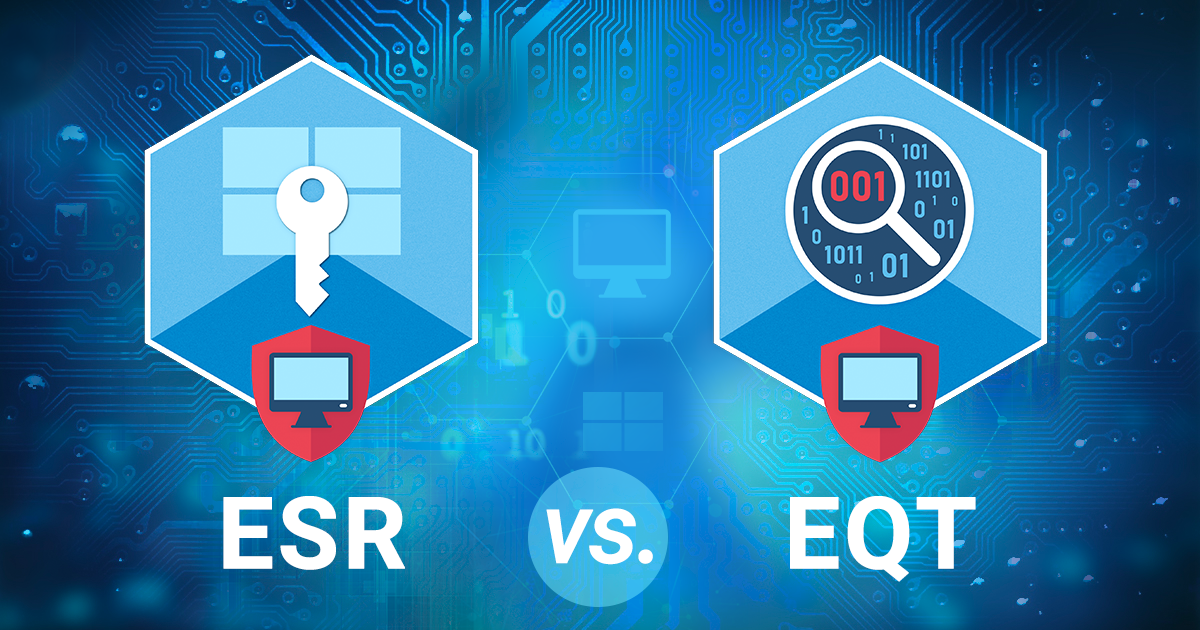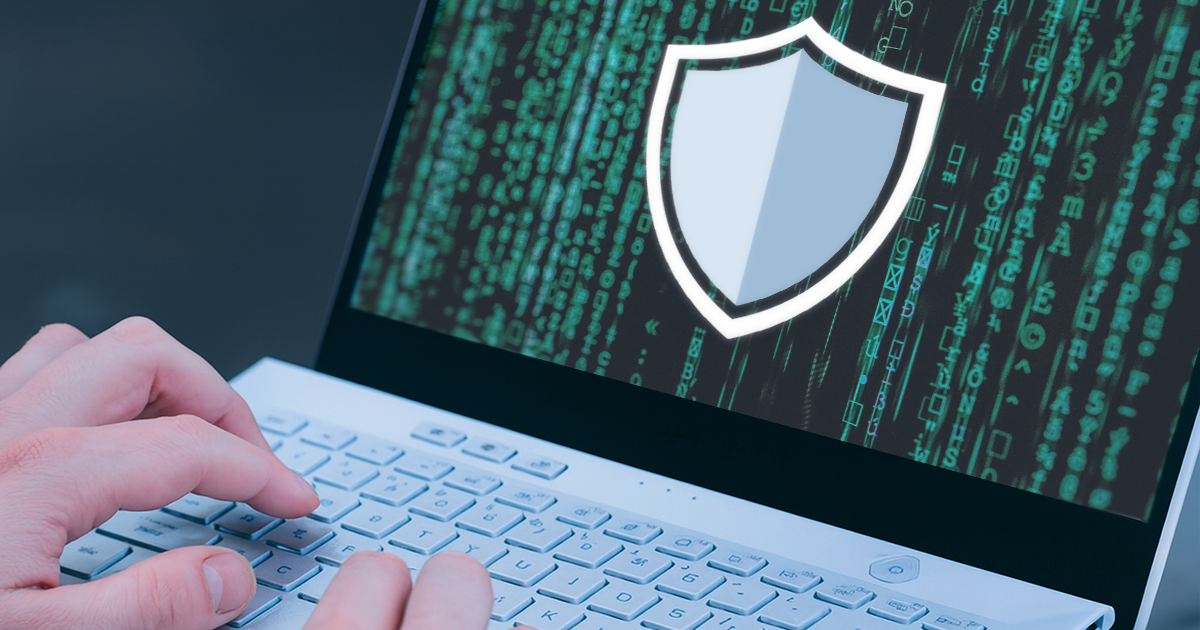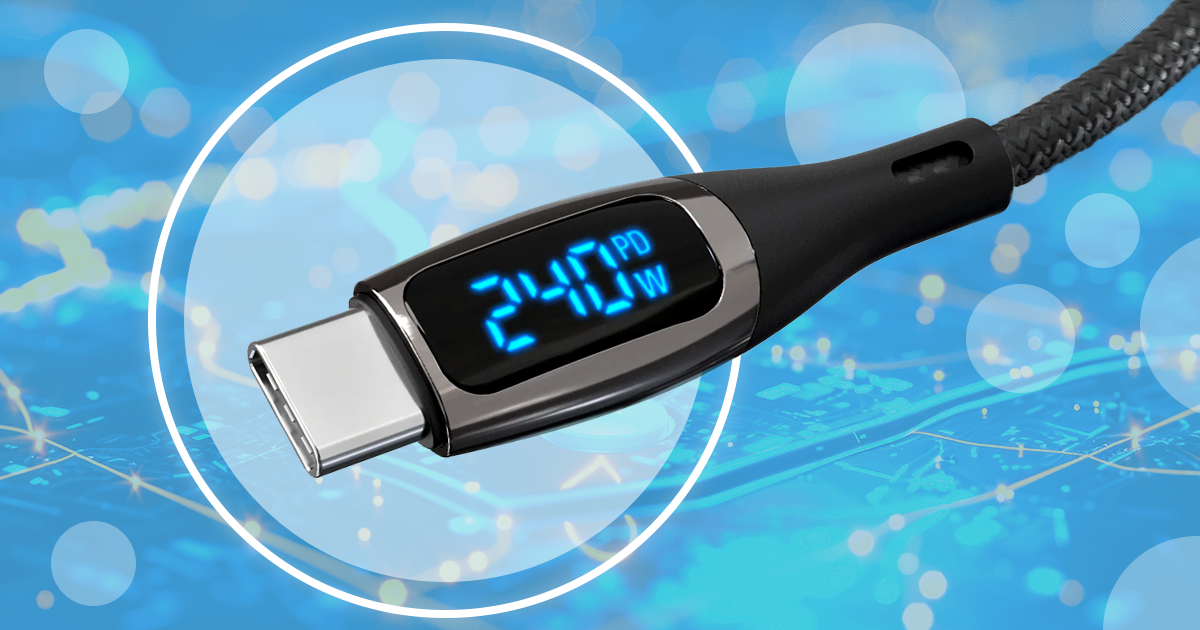GPU acceleration is the thing when you need to break a password. Whether you use brute force, a dictionary of common words or a highly customized dictionary comprised of the user’s existed passwords pulled from their Web browser, extracted from their smartphone or downloaded from the cloud, sheer performance is what you need to make the job done in reasonable time.
Did you know we have forensic trainings? We’ve partnered with T3K Forensics to feature a 3-day training on iOS forensics. This fall in beautiful Vienna, 17.-19.10.2018, we’ll train a group of law enforcement and forensic specialists on every aspect of iOS acquisition and analysis. We’ll talk about the acquisition workflow and have participants perform logical, physical and cloud extraction of iOS devices. Expect live demonstrations and fully guided hands-on experience jailbreaking and extracting iOS devices, pulling data from locked iPhones and accessing the cloud for even more evidence.
iPhone protection becomes tougher with each iteration. The passcode is extremely hard to break, and it’s just the first layer of defense. Even if the device is unlocked or if you know the passcode, it is not that easy and sometimes impossible to access all the data stored on the device. This includes, for example, conversations in Signal, one of the most secure messengers. Apple did a very good job as a privacy and security advocate.
We have just released an update to iOS Forensic Toolkit. This is not just a small update. EIFT 4.0 is a milestone, marking the departure from supporting a large number of obsolete devices to focusing on current iOS devices (the iPhone 5s and newer) with and without a jailbreak. Featuring straightforward acquisition workflow, iOS Forensic Toolkit can extract more information from supported devices than ever before.
iOS 11.4 has finally brought a feature Apple promised almost a year ago: the iMessage sync via iCloud. This feature made its appearance in iOS 11 beta, but was stripped from the final release. It re-appeared and disappeared several times during the iOS 11 development cycle, and has finally made it into iOS 11.4. Let’s have a look at how iMessages are protected and how to download them from iCloud.
Finally, TAR support is there! Using Elcomsoft iOS Forensic Toolkit to pull TAR images out of jailbroken iOS devices? You’ll no longer be left on your own with the resulting TAR file! Elcomsoft Phone Viewer 3.70 can now open the TAR images obtained with Elcomsoft iOS Forensic Toolkit or GrayKey and help you analyse evidence in that file. In addition, we added an aggregated view for location data extracted from multiple sources – such as the system logs or geotags found in media files.
Starting with version 2.40, Elcomsoft Extractor for WhatsApp supports physical and cloud acquisition of WhatsApp Business. The physical extraction method requires root access, while cloud acquisition requires authenticating into the user’s Google Drive account with proper authentication credential. In addition, a verification code received from WhatsApp as an SMS must be provided to decrypt the backup downloaded from Google Drive. In this guide, we’ll describe all the steps required to perform physical and cloud acquisition of WhatsApp Business. (more…)
Cloud acquisition is arguably the future of mobile forensics. Even today, cloud services by Apple and Google often contain more information than any single device – mostly due to the fact that cloud data is collected from multiple sources.
The iPhone X uses a new (for Apple) display technology. For the first time ever, Apple went with an OLED display instead of the IPS panels used in all other iPhones. While OLED displays have numerous benefits such as the true blacks and wide color gamut, the majority of OLED displays (particularly those made by Samsung) tend to flicker. The flickering is particularly visible at low brightness levels, causing eyestrain and headaches to sensitive users. Very few users have the slightest idea of what’s going on, attributing these health issues to oversaturated colors, the oh-so-harmful blue light and anything but OLED flickering.
In the world of mobile forensics, physical acquisition is still the way to go. Providing significantly more information compared to logical extraction, physical acquisition can return sandboxed app data (even for apps that disabled backups), downloaded mail, Web browser cache, chat histories, comprehensive location history, system logs and much more.


